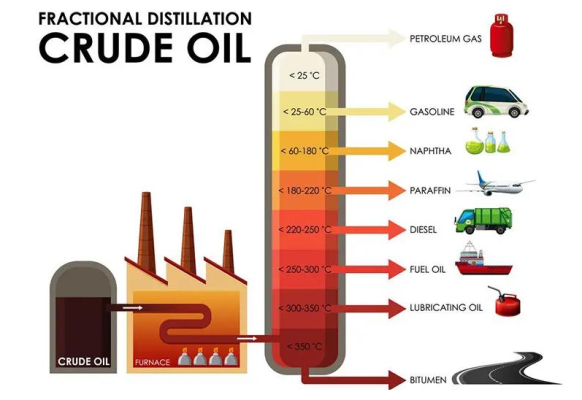- Joined
- Jun 24, 2008
- Messages
- 50,534
- Location
- London
- Car
- 2022 Hyundai IONIQ 5 RWD / 2016 Suzuki Vitara AWD
You keep saying ICE is 'difficult' but the numbers tell a different story. The engine accounts for 20% of build cost for a lower than EV priced ICE vehicle, the cost of a battery is 40% of a higher priced vehicle. Factor in the EV is roughly 50% more expensive than its ICE equivalent and the ICE works out at one third of the battery cost. Difficulty is reflected in cost and clearly ICE can't be as difficult as you imply.
That's precisely my point.
How can you make complex metalwork any cheaper? You can't. Gaston Glock makes cheap guns by not machining the receiver, but leaving rough it as it comes out of the mould.
Why is an EV battery expensive? Because of the cost of the raw materials, mainly. Superb, find cheaper ones. Etc. There's massive scope for cost reduction with EVs (especially when a significant proportion of the cost is R&D), there's zero scope of saving on the process required for building an ICE engine or automatic transmission - that's why the Chinese are not trying to enter these markets in Europe and the US.


